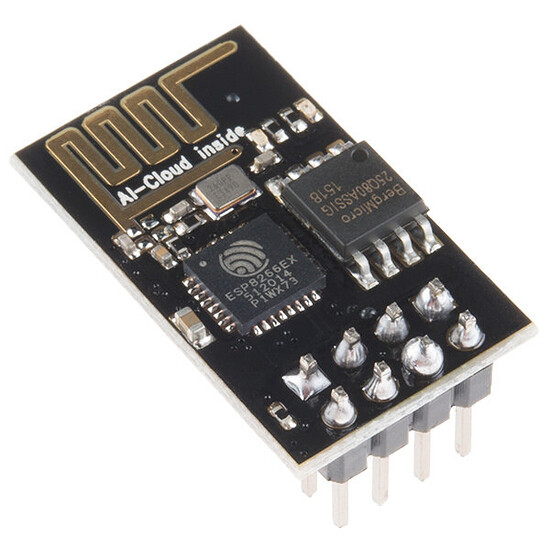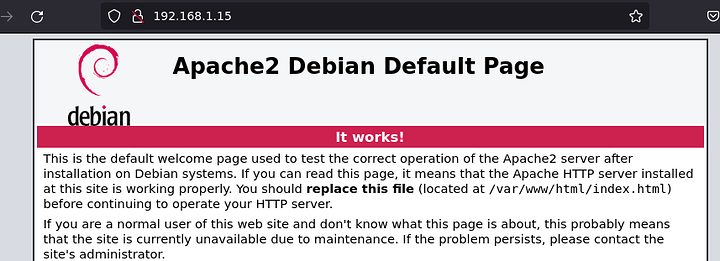Good evening guys. This post is going to be something of a rant, but it’s borne out of frustration over a recent problem I’ve had with browsers. If you have a solution for it, by all means, save me from having to go on a murderous rampage that would devastate the community of web browser programmers.
Here’s the situation : I have a big box of ESP8266 modules that I have no real use for. Looking for something to do with them, I decided to try MicroPython, which has very good support for that chip. And indeed it does, I was up and running within an hour. Awesome little project, if you have an ESP8266 lying around, it’s worth checking out.
After an hour of burning firmware via USB VCP and toying with PuTTY, I had already managed to setup automatic connection to my LAN and was ready to try WebREPL : a tool that lets you access your chip’s Python prompt from a web browser. The ESP8266 is a very very tiny chip, however, and it appears this can’t work over HTTPS, you need to open the client using an http:// URL
That’s when every single browser I have went :

And insisted on adding that fricking “s” at the end of http, thus ruining my fun, and then my mood.
I’m old-school, see. I like my computers to do exactly what I tell them, how I tell them. If you’re going to offer me some sort of automation, it better come with an easy-to-find switch for me to gleefully turn off.
Except whatever breed of deranged lunatic is coding browsers appears to have unanimously decided that no one on Earth can be trusted with accessing whatever URL they want to access.
I’ve tried every browser an iPad will run that has a recognizable brand name (Safari, Chrome, Mozilla and even Edge, FFS…) and they all redirect me to HTTPS.
I’ve tried Chrome on Windows, no joy either.
No setting anywhere that has any impact on that creepy behavior.
Unbelievably, it’s only Edge on Windows that finally let me access an HTTP URL. I mean what kind of Mickey Mouse PoS internet are we living on where Microsoft Edge is your best and only choice to get shit done ???
Anyway, MicroPython’s WebREPL works beautifully, so it’s a damn shame that I just can’t use it on anything built after the Bronze Age, especially my iPad. I can see so many applications for remotely Pythoning on small devices while on the move…
(Yeah, well, it’s mostly robots… but still, many robots)
If I were to guess, I’d say the absence of a setting to disable “forced HTTPS” comes from the same place as forced Windows updates : too many n00bs and anti-vaxxers (not to use stronger words) getting viruses too easily, resulting in the need to protect users from themselves… at the detriment of people who know what they are doing.
There, rant over, it’s off my chest now and I feel better. This is really annoying… nothing like building a working system in less than hour and then wasting two more just with a browser to make you feel like we’ve failed as a species 
Drama over. The next step is plotting some sort of vengeance…



